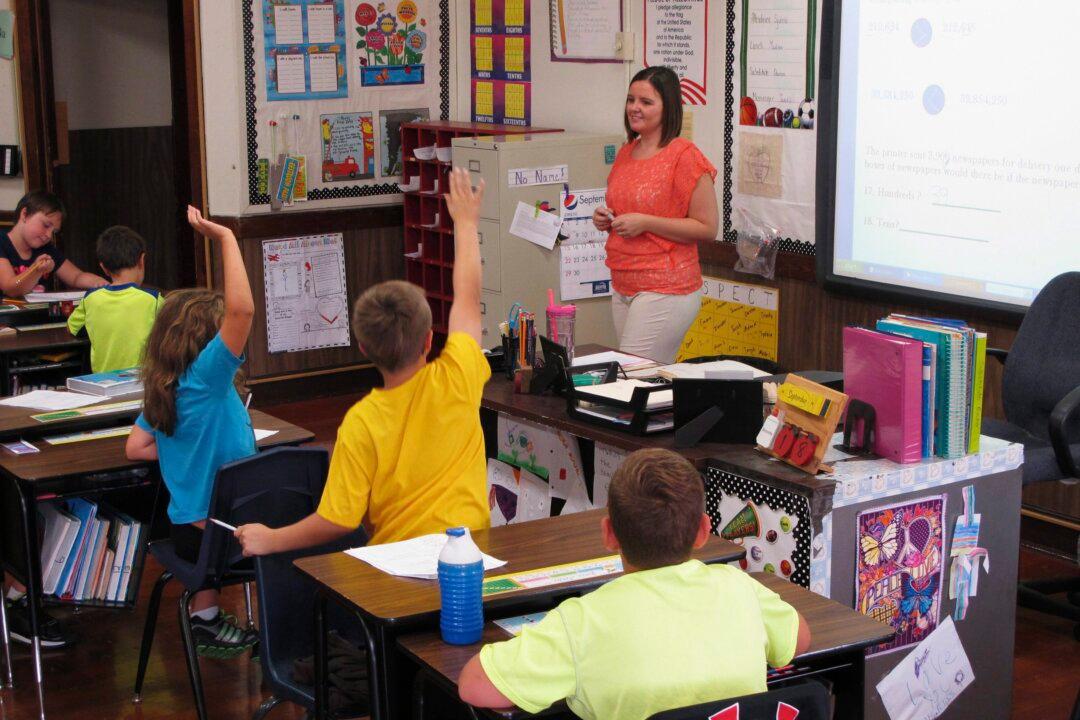As a new school year looms on the horizon, this will be the fourth teachers’ job action my youngest will be subjected to as she heads back to school. While the grown-ups in charge continue to bicker and fight, at stake will be another disruption to her education, which may have consequences for her post-secondary placement in the coming months.
It’s bad enough that we, her parents, have had to supplement her schooling along the way. We’ve had to teach her at home to make up for glaring deficiencies vis-a-vis weak curricula guidelines and useless standards, which are more suited for dumbing our students down than for inspiring and challenging them to higher aspirations.



